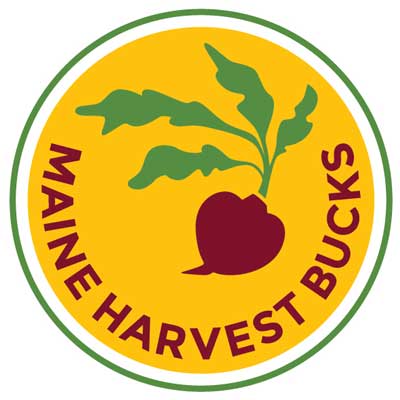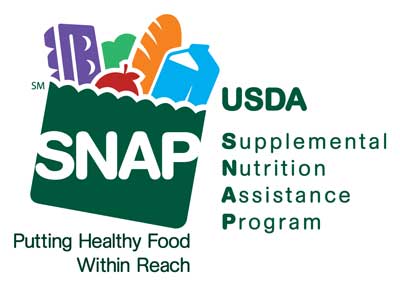Community Supported Agriculture (CSA)
What is a "CSA"?
Community Supported Agriculture (CSA) is a system in which farmers offer shares (or weekly subscriptions) of their harvest – allowing CSA members to sample the season while helping to minimize farmers’ risks by paying up-front for the harvest. The farmer and CSA member are partners in a dynamic relationship: They share risks (of a crop failure, for example) and rewards of a fruitful farmer-consumer relationship.
The CSA model has been around and evolving for many years. One of the innovators behind the concept of CSA was Booker T. Whatley, a professor at Tuskegee Institute in Alabama. In the 1960s and 1970s he advocated for a “Clientele Membership Club” in which people, mostly urban dwellers, paid an annual membership fee to “buy into” a local farm growing fresh produce. In a 1982 interview published in Mother Earth News, Whatley said that this system “enables the farmer to plan production, anticipate demand, and of course, have a guaranteed market.” He also emphasized the importance of creating an ongoing connection with customers, including sharing picking schedules and farm activities through newsletters, for example. Most CSA farms still do this today! Other sources of inspiration for the CSA model include the Teikei system in Japan and collective agriculture in Chile.
Today, many CSAs feature vegetables and fruits, while others offer meat, dairy, eggs, grains and more. Each CSA is a little different. MOFGA is proud to work closely with many certified organic farms that run CSA programs!
How CSAs work
How to Find a MOFGA Certified Organic CSA Near You
The Maine Harvest Bucks Program on Maine farms with Community Supported Agriculture (CSA) programs
MOFGA manages this program on farms that offer CSAs, and partner organizations coordinate the Maine Harvest Bucks program at farmers’ markets, mobile markets and farm stands, as well as at local retail outlets, where the program is called Farm Fresh Rewards.
Do you receive SNAP benefits and want to sign up for a CSA share? You can find a list of participating farms here.
Are you a farmer who is interested in participating? Please contact Madi Whaley at [email protected].


